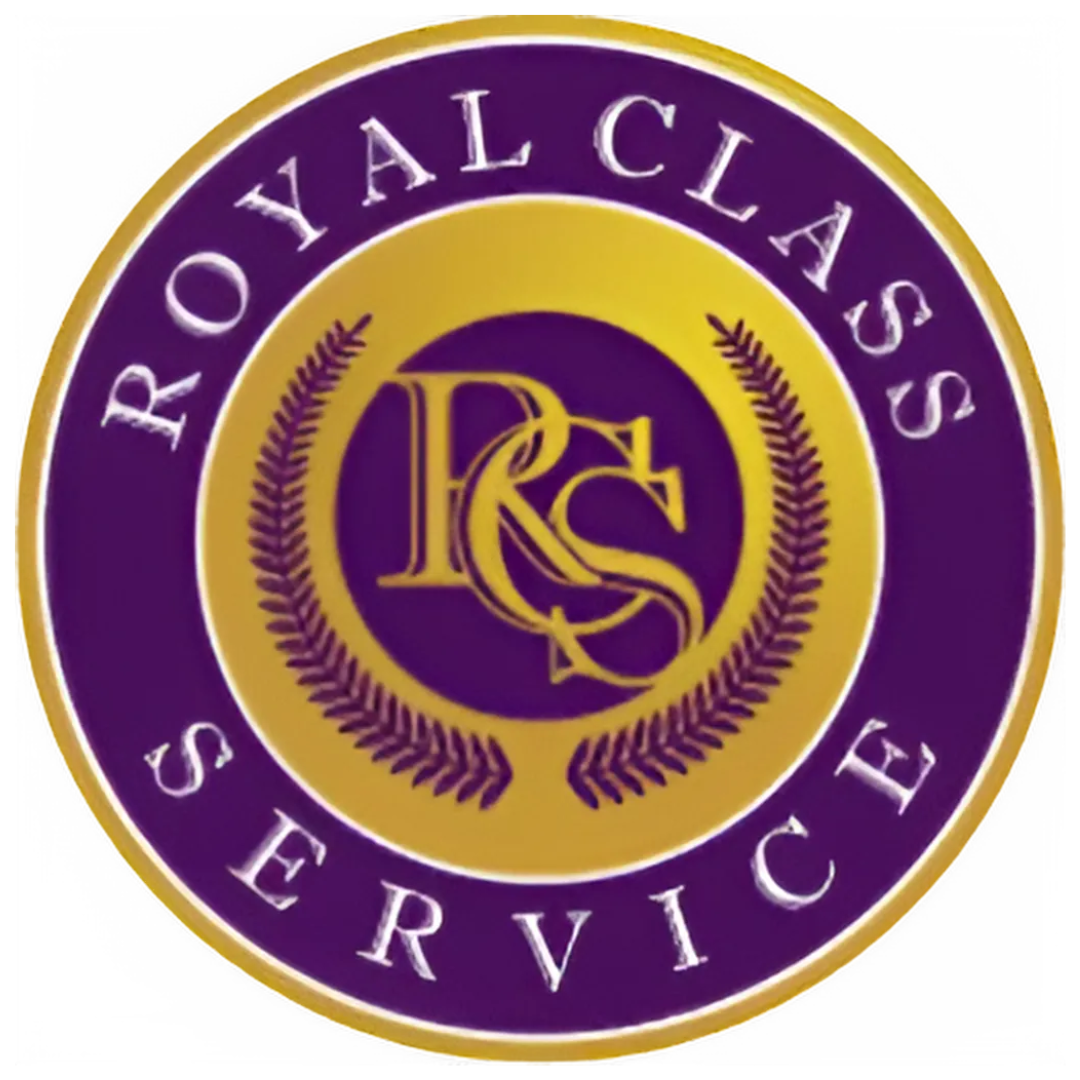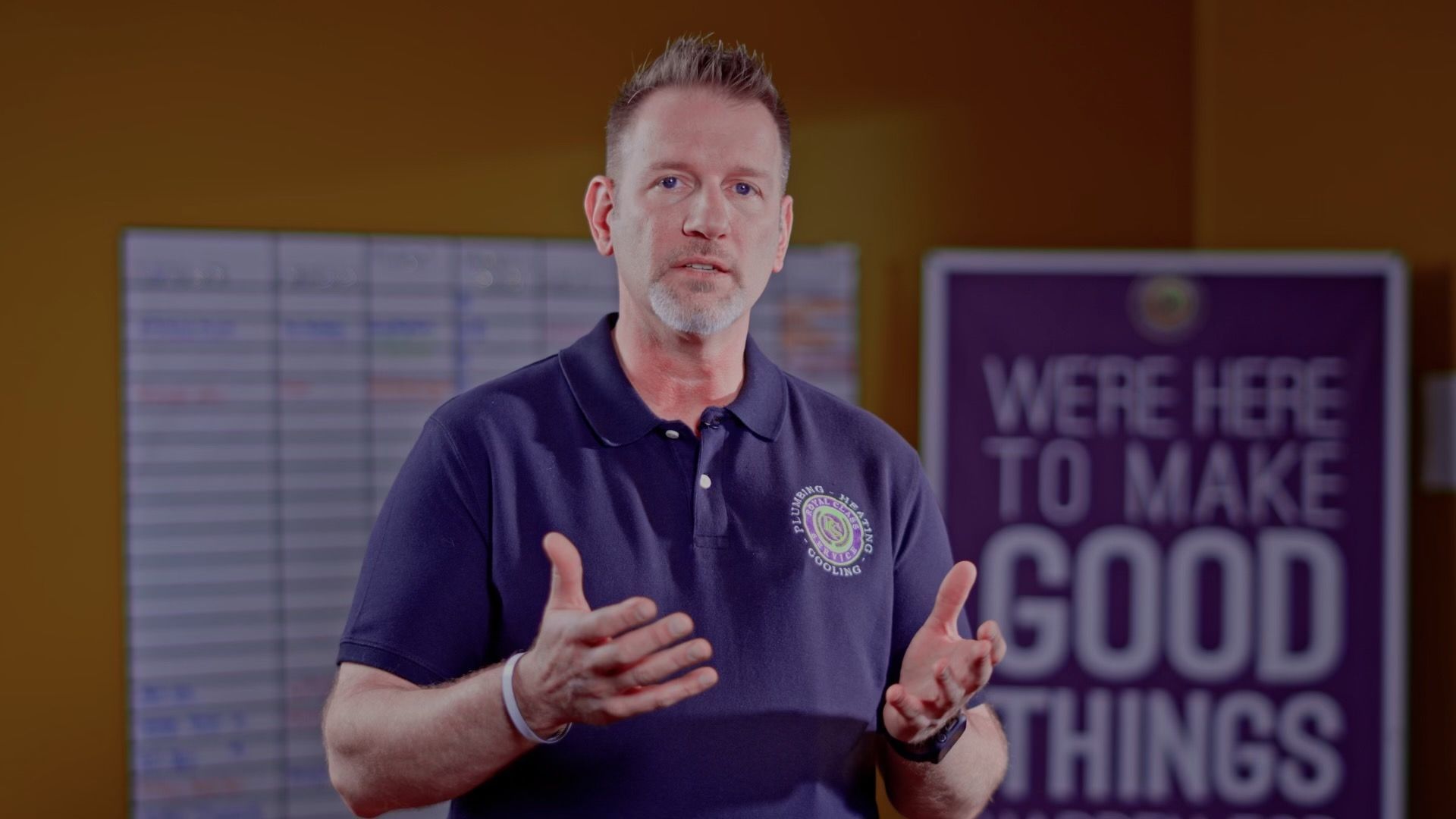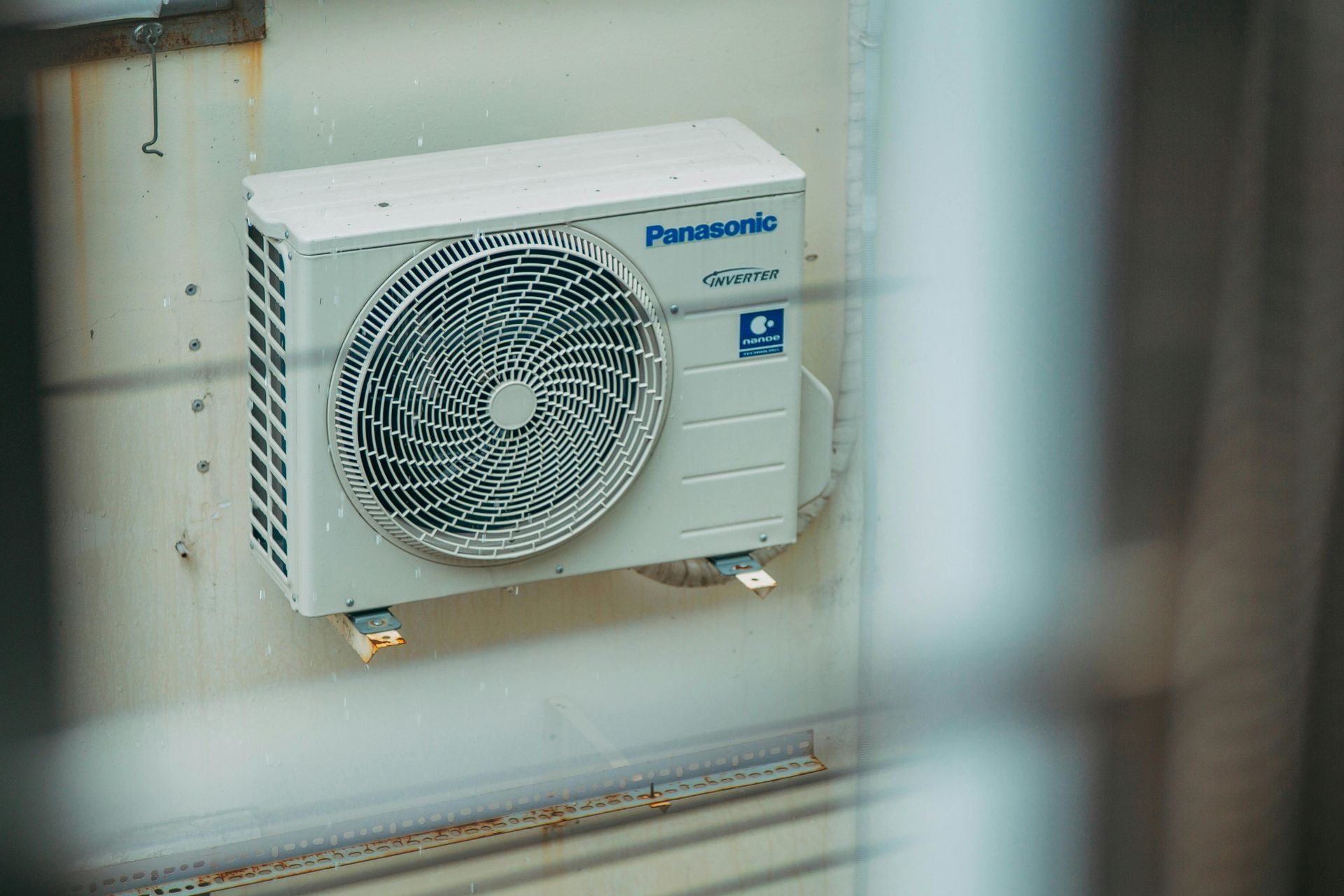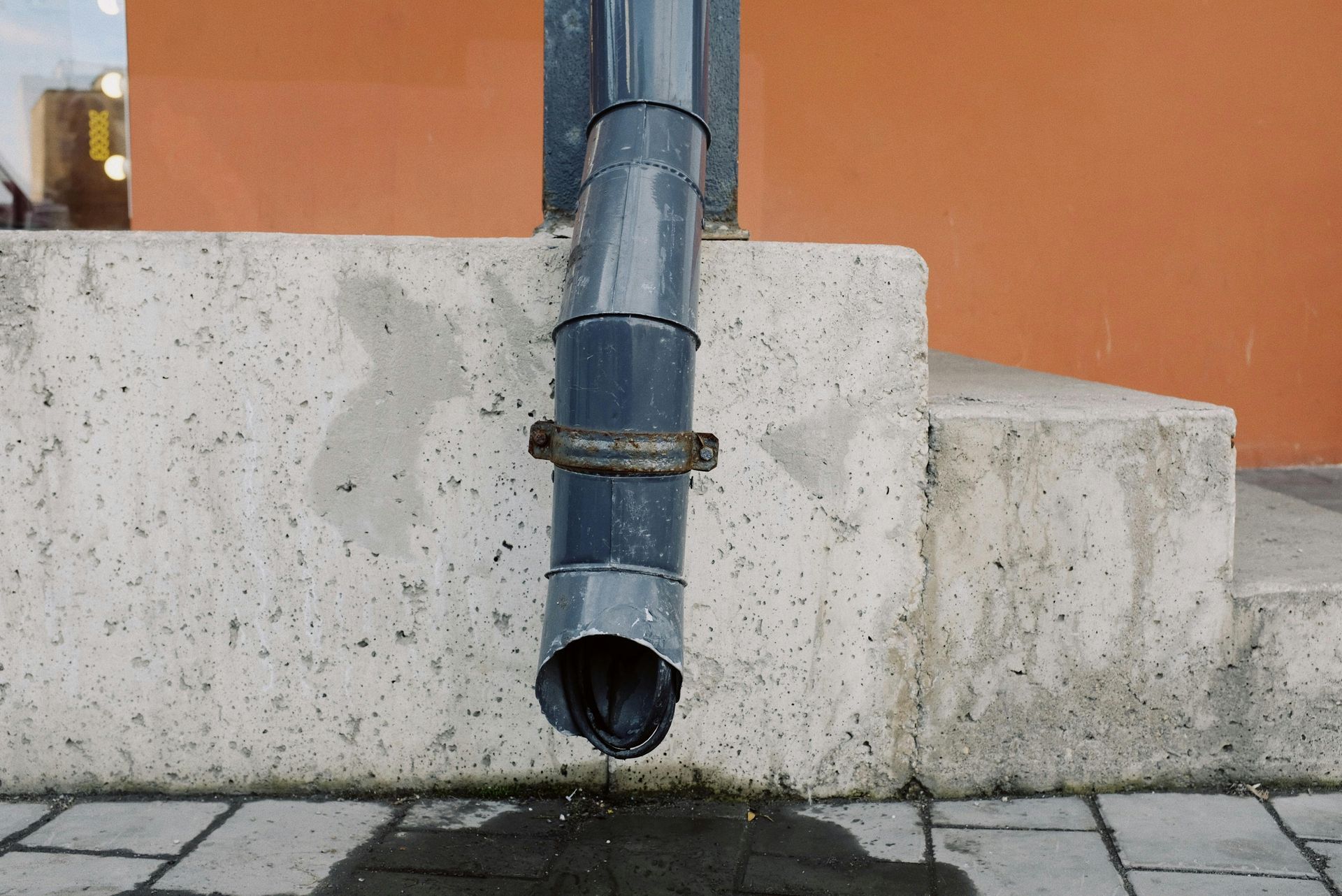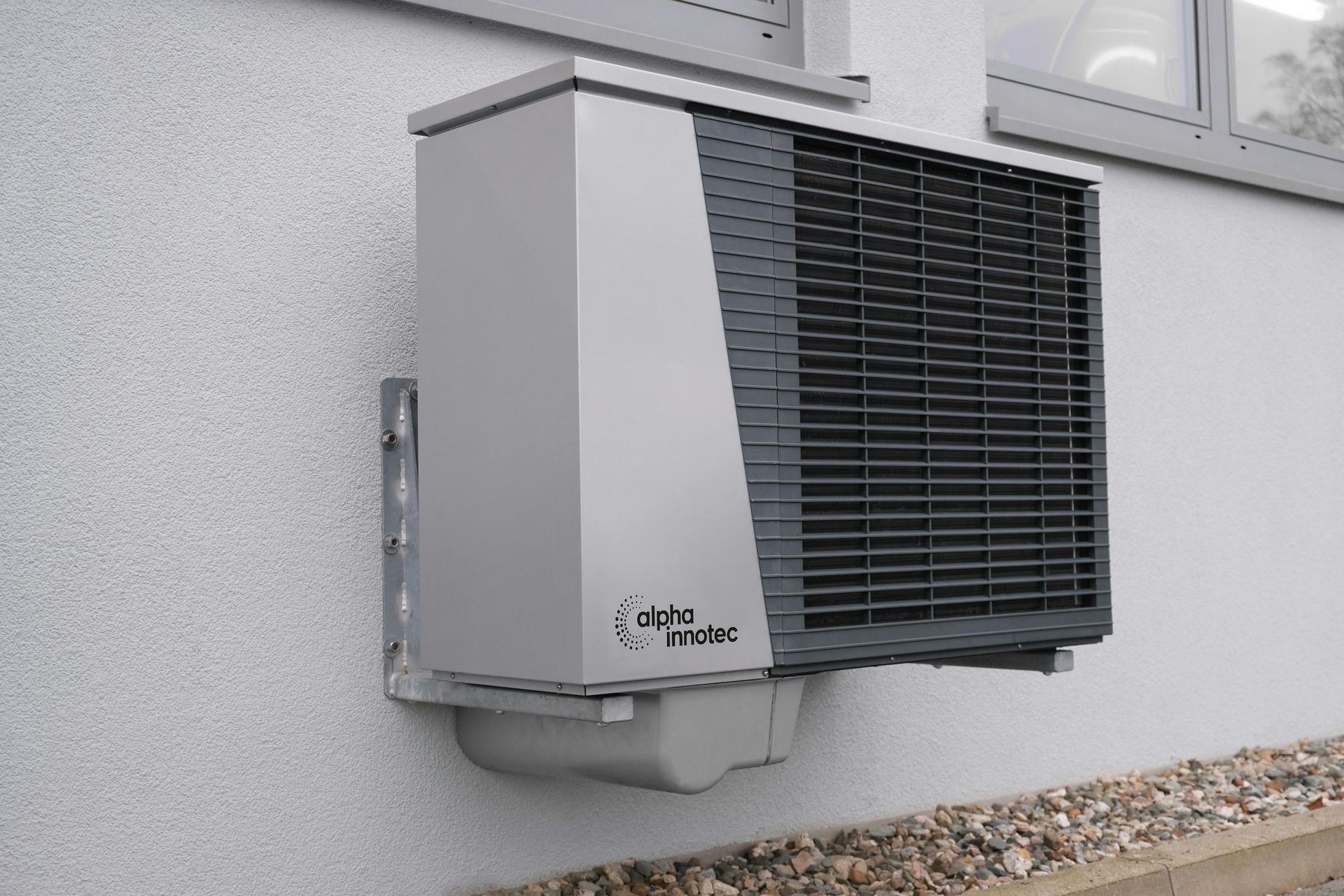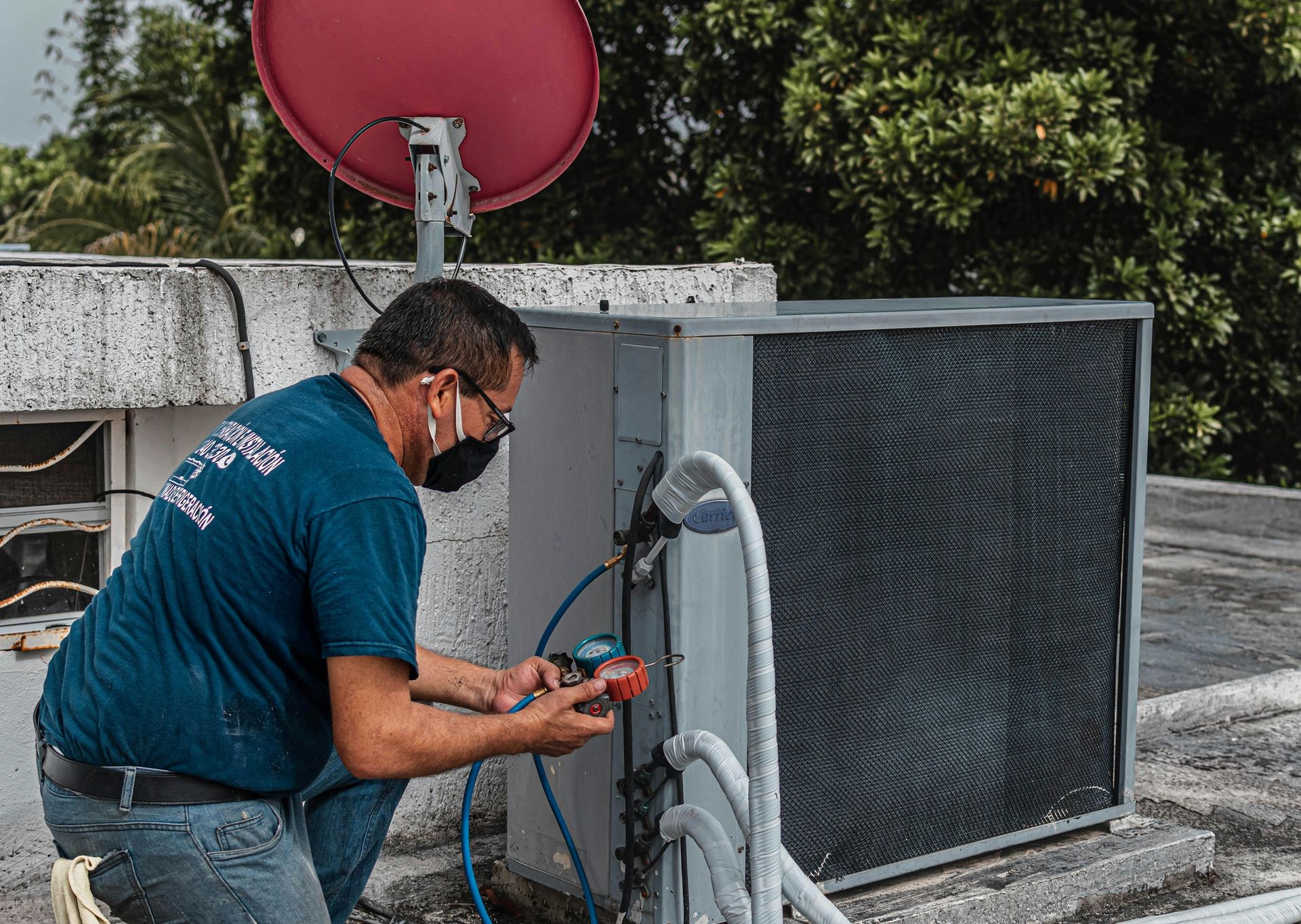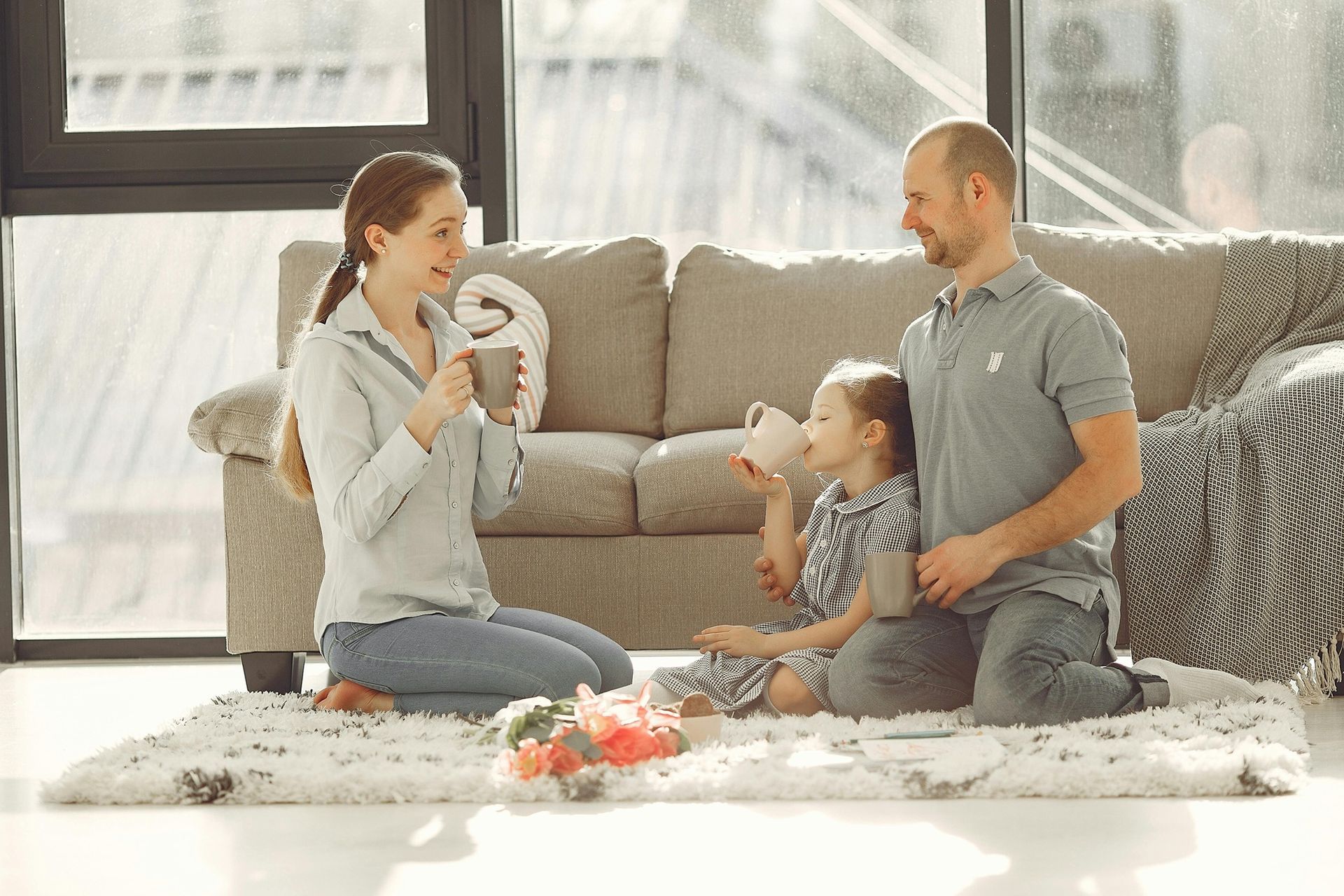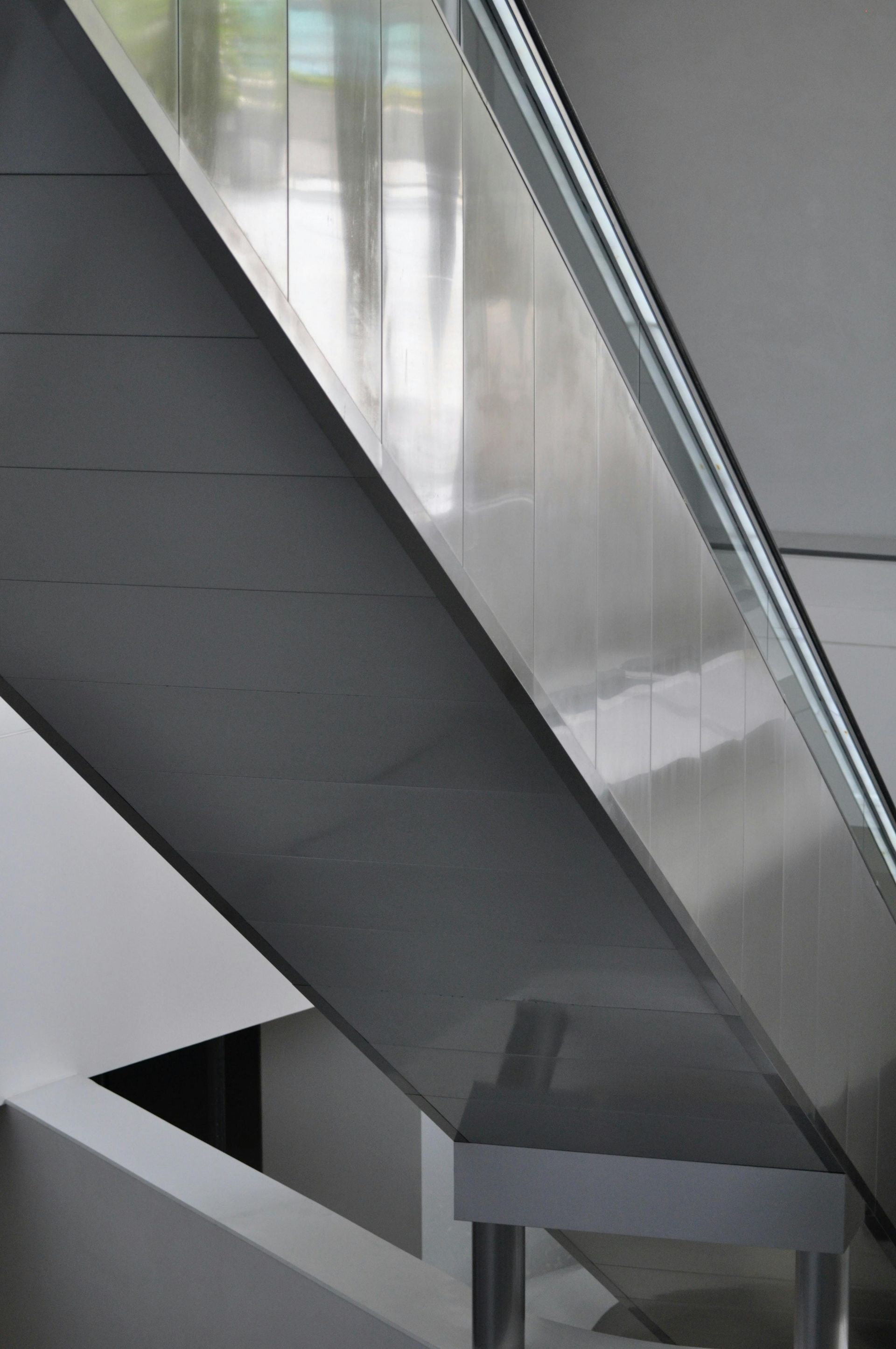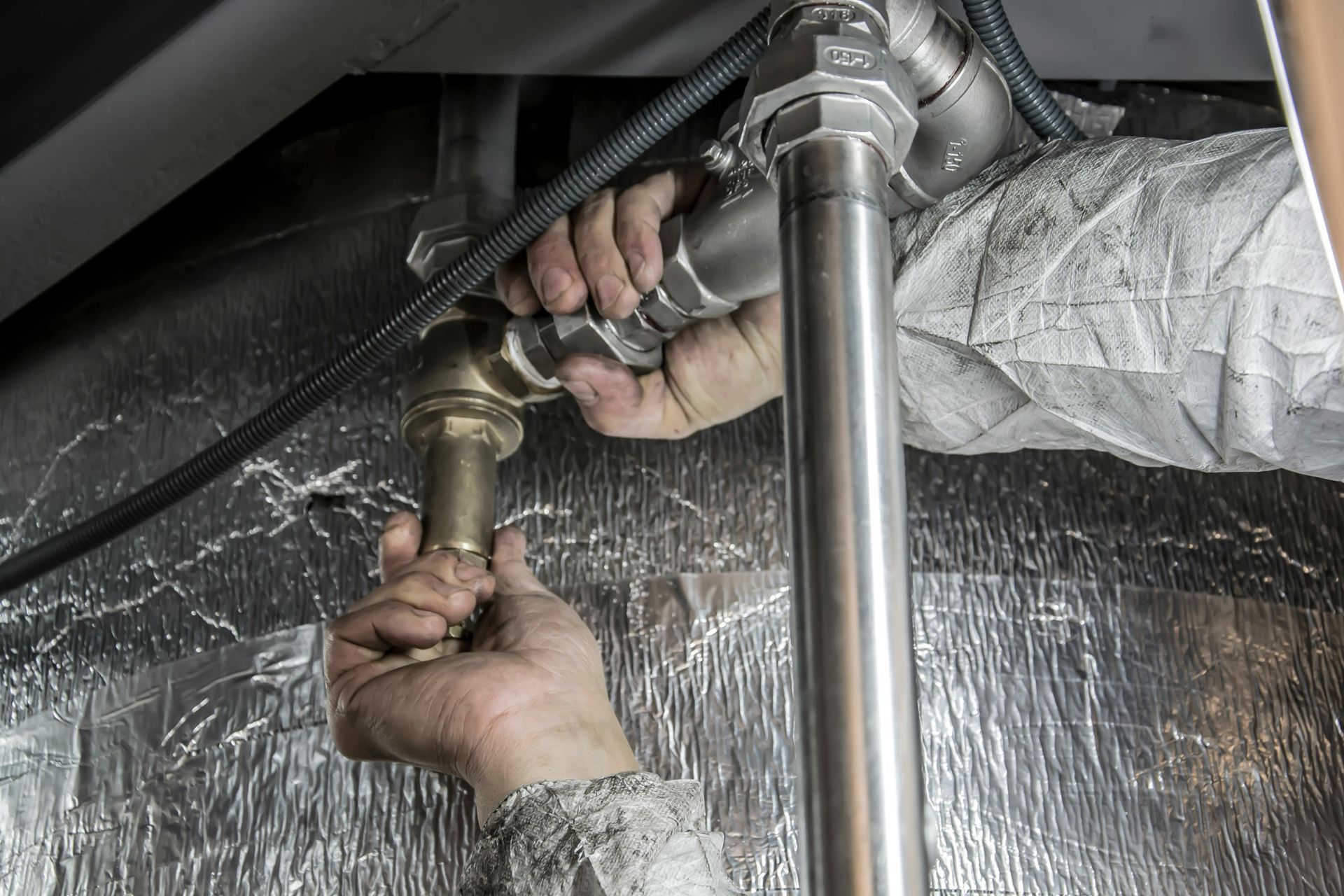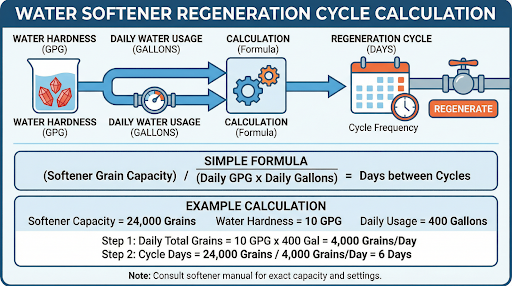How Much Does Central Heating Installation Cost in 2025? Complete Pricing Guide
Central heating installation involves fitting a home-wide system like a boiler, furnace, or heat pump. In 2025, national installation costs vary widely by system type. This guide covers average 2025 cost ranges, component pricing, installation timelines, and available financing. Key factors influencing costs include system type, home size, fuel, and efficiency ratings.
Choosing the right central heating system is a critical decision that impacts not only your comfort but also your long-term energy bills and environmental footprint. Understanding the nuances of each system type, from traditional boilers and furnaces to modern heat pumps, is essential for making an informed investment that aligns with your home's specific needs and your budget.
Average Central Heating Installation Costs in 2025
Central heating installation costs depend on system type and scope. Below are typical national ranges for 2025:
- Gas boiler: $3,500 – $8,500.
- Gas/electric furnace: $3,000 – $7,500.
- Air-source heat pump (ASHP): $5,000 – $12,000.
- Ground-source heat pump (GSHP): $15,000 – $40,000.
These ranges reflect national averages and can fluctuate based on several variables. Premium brands, advanced features like smart controls, and higher efficiency ratings often push costs towards the upper end. Regional differences in labor rates and material availability also play a significant role, making it crucial to obtain localized quotes.
Electrified heat pumps often have higher upfront costs but offer long-term savings.
Boiler Installation Costs

Boiler installation, including the unit, flue, and controls, typically ranges from $3,500–$8,500 for gas condensing boilers in 2025. For boiler repair or replacement, costs vary by capacity and efficiency. Higher efficiency models reduce running costs.
Modern boilers come in various types, including combi, system, and conventional models, each with different installation complexities and price points. Combi boilers, which provide both heating and hot water on demand, are often more compact but can be more intricate to install if replacing a conventional system. System boilers are ideal for homes with multiple bathrooms, while conventional boilers are suited for larger homes with existing hot water cylinders. The choice significantly impacts the overall project scope.
Furnace Installation Costs
Furnace installation, including the unit, thermostat, and venting, typically ranges from $3,000–$6,500 for gas furnaces in 2025. Electric furnaces are $2,500–$5,000, and oil furnaces $4,000–$8,000. Ductwork upgrades can increase total costs. Consider furnace repair or replacement for optimal performance.
Beyond the furnace unit itself, the condition and extent of your existing ductwork can heavily influence the total cost. Older homes may require significant ductwork repair or replacement to ensure efficient heat distribution, adding to the project's expense. Furthermore, furnaces are rated by Annual Fuel Utilization Efficiency (AFUE), with higher AFUE ratings indicating better energy performance and potentially qualifying for rebates, though they typically have a higher upfront cost.
Heat Pump Installation Costs
Heat pump installation covers air-source or ground-source systems for heating and cooling. Air-source heat pumps in 2025 typically cost $5,000–$12,000, while ground-source systems range $15,000–$40,000. Incentives and rebates can reduce the net cost.
Heat pumps offer an energy-efficient solution for both heating and cooling, making them a versatile choice. Air-source models are generally simpler to install, leveraging ambient air, while ground-source heat pumps, though more expensive due to the extensive excavation or drilling required for their underground loop systems, offer superior efficiency and stability as they tap into the earth's consistent temperature. The long-term energy savings and reduced carbon footprint often justify the higher initial investment for many homeowners.
Component-Level Costs
Understanding component costs helps homeowners budget for add-ons:
- Panel radiator (per unit): $100 – $600.
- Pipework (per linear foot): $15 – $60.
- Smart thermostat: $100 – $350.
- Radiant floor piping (per room): $800 – $2,500.
These per-unit costs can scale significantly for larger homes or extensive upgrades.
Factors Influencing Installation Costs
Installation costs are driven by factors like home size/layout, fuel type & infrastructure, labor rates & region, and efficiency & brand. Understanding these helps interpret installer proposals.
Fuel choice affects equipment and infrastructure. Natural gas systems may need line connections, while electric systems might need panel upgrades. Consider an oil-to-gas conversion for potential long-term savings.
Labor rates vary significantly by region and the complexity of the job. Highly skilled technicians in urban areas typically command higher rates than those in rural locations. The age and existing infrastructure of your home also play a crucial role; older homes may require extensive upgrades to electrical systems, plumbing, or ventilation to accommodate a new heating system, which can add unforeseen costs. Always discuss potential infrastructure upgrades with your installer during the quoting process.
Installation Timeline and Process
Installation duration depends on system complexity. Key stages include survey & design, permits & procurement, physical installation (1-5 days for most systems), and commissioning.
How to Get Accurate Installation Quotes
For accurate quotes, provide detailed home and heating needs to multiple licensed installers. Ask for itemized proposals, confirm permits, and warranty coverage for an effective heating installation.
Financing and Grants Available

Financing options include HVAC loans and home improvement lines of credit. Rebates and grants often target heat pumps and high-efficiency boilers. Calculating payback helps assess long-term savings, especially when considering heating repair versus full replacement, or ongoing heating maintenance.
Final Thoughts
Investing in a new central heating system is a significant decision. Understanding average costs, key drivers, installation, and financial incentives helps homeowners make informed choices. Prioritize multiple detailed quotes to select the best system and installer.
Ready to Upgrade Your Home's Heating?
Don't let another cold season catch you off guard. Get personalized quotes from trusted professionals in your area and ensure your home stays warm and efficient.
Get Your Free Installation Quote today!
